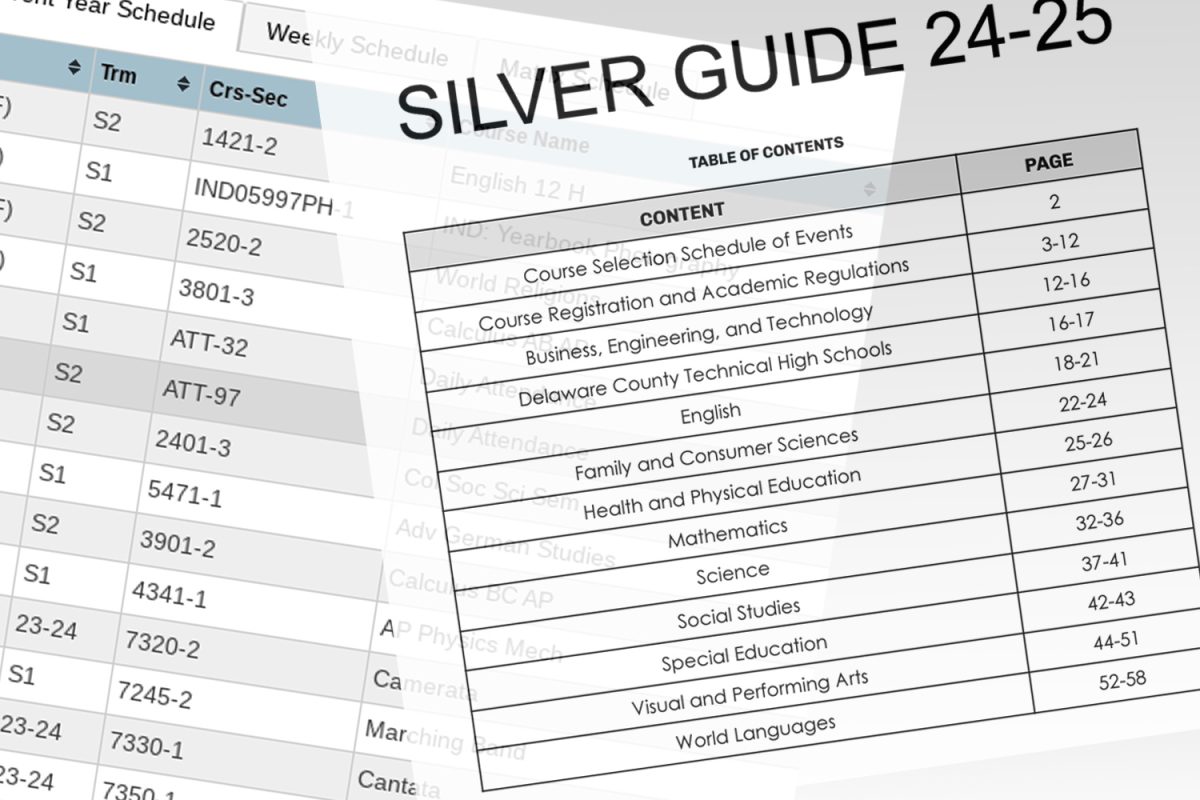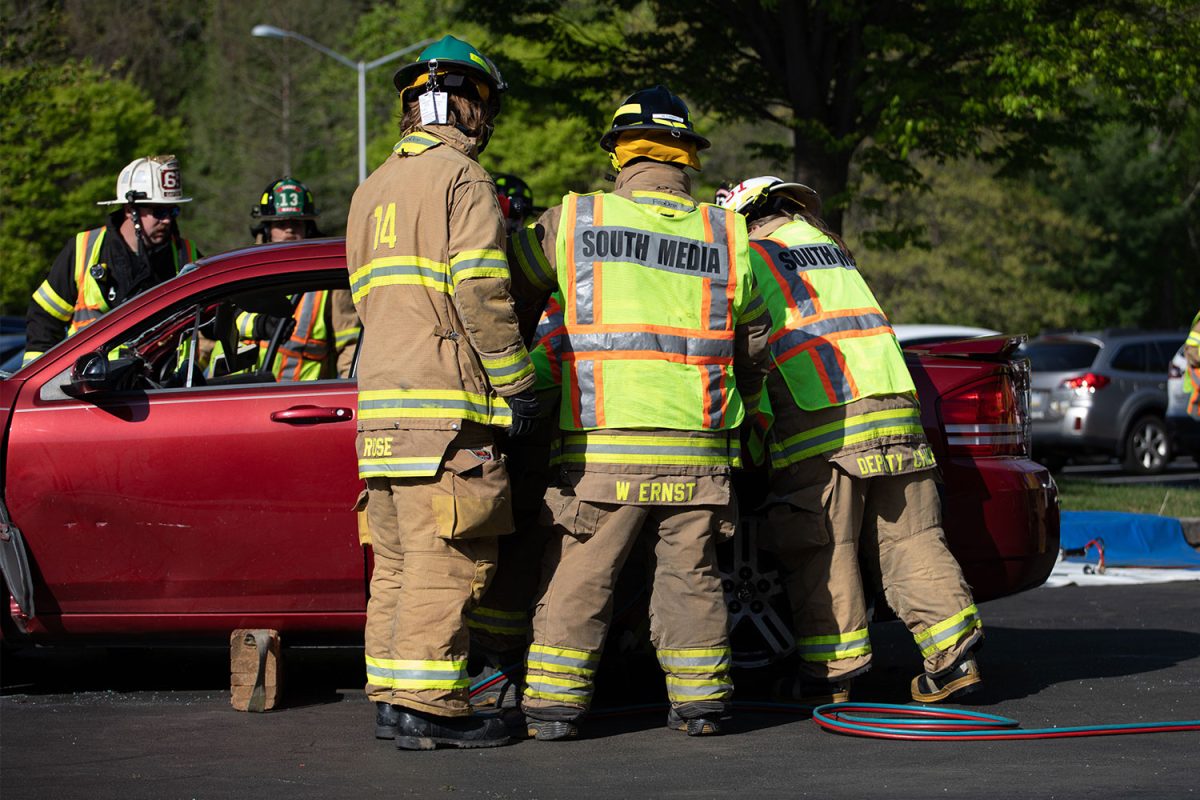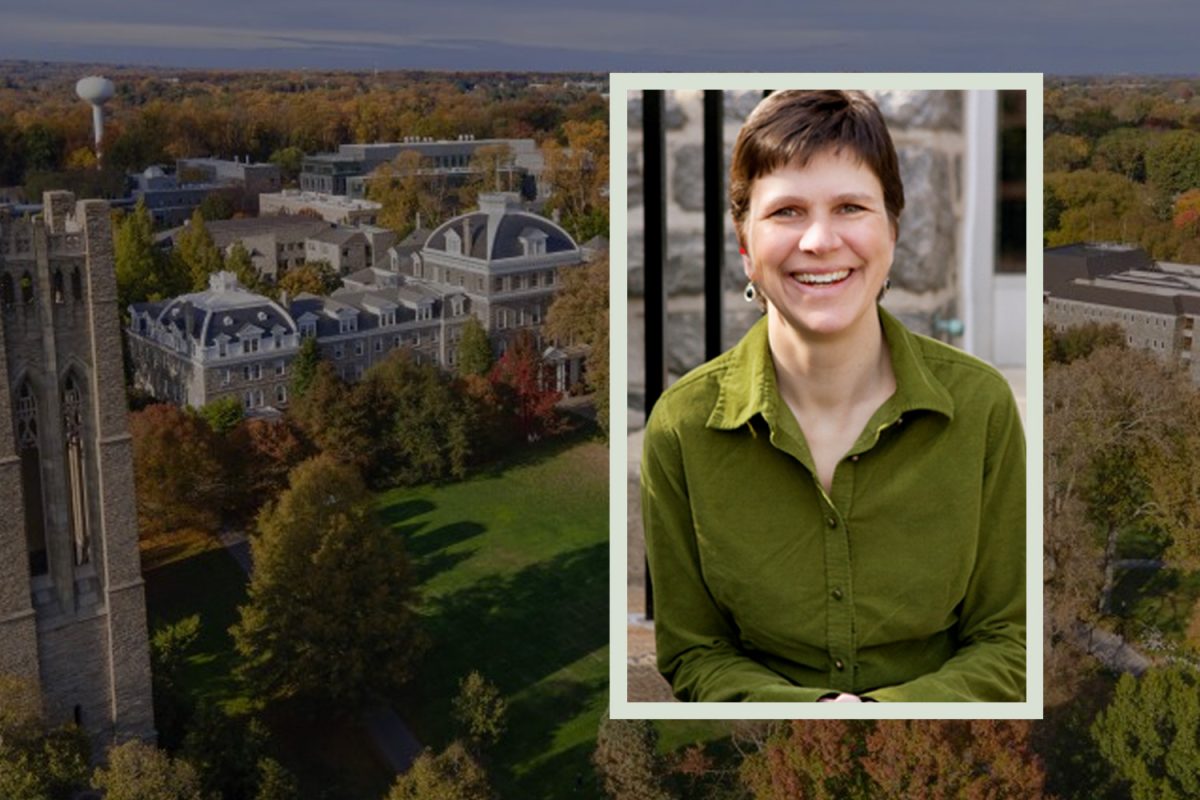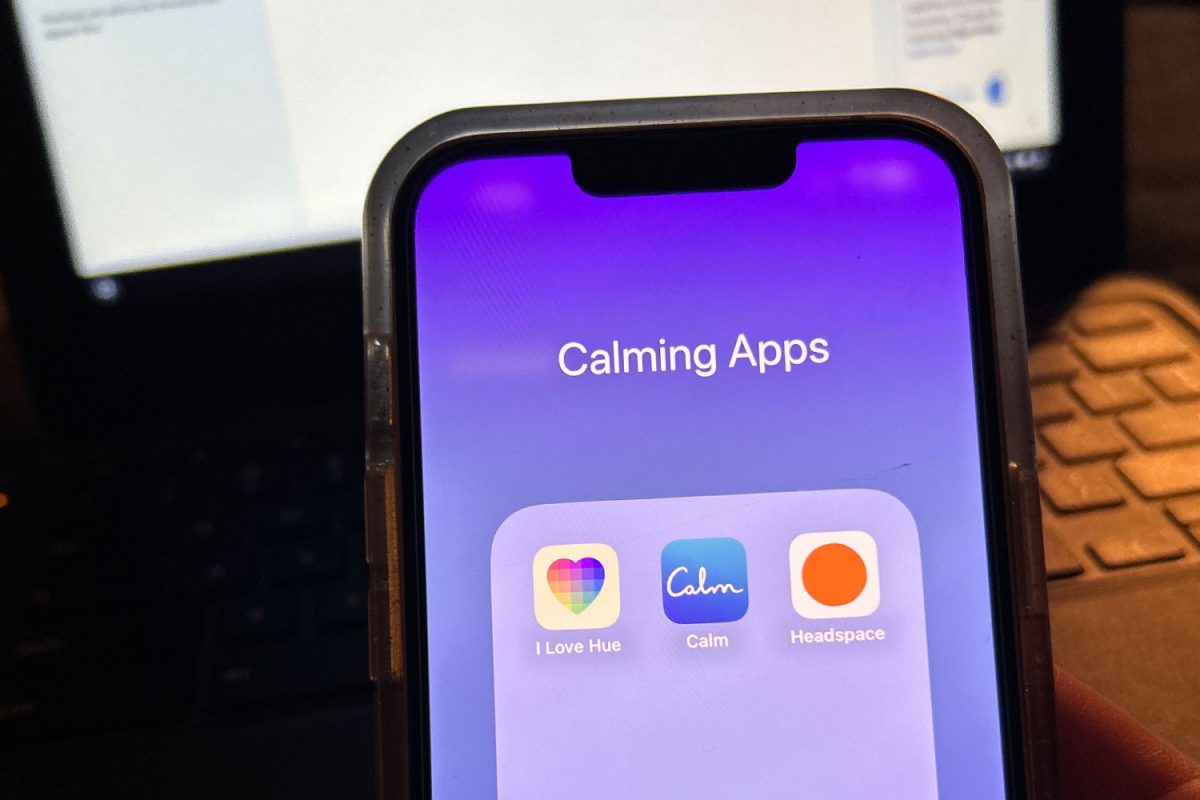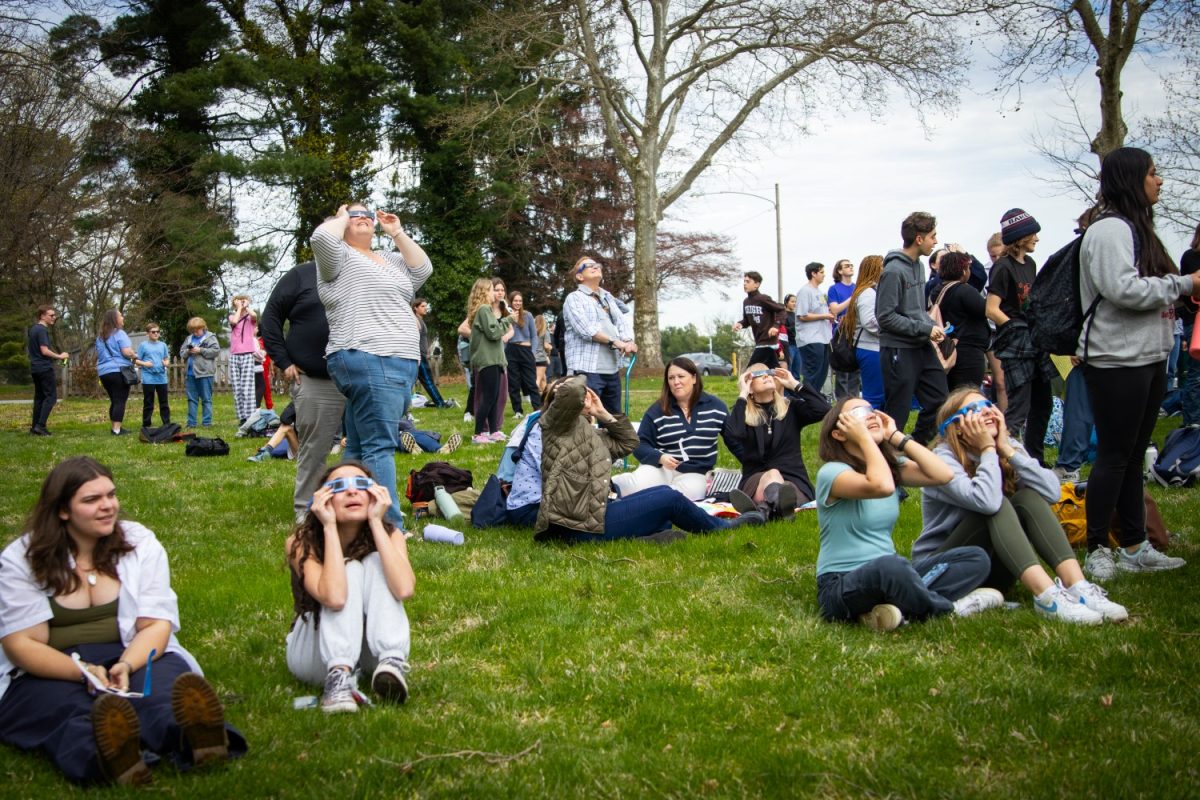Students need more sleep. That’s a fact.
A 2019 CDC investigation found that 83.9% of Pennsylvania high school students got less than the recommended eight hours of sleep per night, a number that puts it among the worst in the nation.
Strath Haven High School starts at 7:35 AM, a time that some consider to cause sleep deprivation among students. And for students who take the bus, the morning starts even earlier, with some buses arriving for pickups as early as 6:50 AM.
Dr. Indira Gurubhagavatula is a professor of sleep medicine at the University of Pennsylvania and is a board member of the American Academy of Sleep Medicine (AASM). She believes that more schools should follow AASM recommendations, and cited Start School Later as a reliable source of information.
“It’s just a real state of chronic sleep starvation…And we just somehow become a society that undervalues sleep, that doesn’t understand that sleep is as important as air and food and water,” Gurubhagavatula said.
As far back as 2014, the American Academy of Pediatrics recommended that high schools should start at 8:30 AM or later. It was found in a Joint State Government Commissions 2019 report on delaying secondary school start times that 98% of Pennsylvania schools start before 8:30.
Gurubhagavatula emphasizes the importance of sleep for teenagers especially.
“If you just let kids go without sleep, on and on and on forever, then what ends up happening?” she said. “Well, it affects every domain of their functioning. One of the things we have going on right now in high school students is a crisis in mental health…We know that chronic insufficient sleep affects depression and anxiety and that restorative sleep helps us process emotions, so they don’t get so big.”
The Wallingford-Swarthmore School District opened its investigation into school start times in 2018. A town hall to discuss how to go forward was scheduled for Wednesday, March 11, 2020 before being canceled due to COVID-19.
Despite being interrupted by the pandemic, the discussion persisted through the pandemic and a turnover in administration that involved a new high school principal and a new district superintendent.
The matter was last discussed at the January 24, 2022 School Board Meeting. At that meeting, the final decision on school start times was paused.
“But we are also in the beginning stages of a strategic plan that invites us to think about time in a potentially transformative way,” Superintendent Dr. Wagner Marseille said. “And I think that’s where it wasn’t an attempt to stop the conversation. It was an attempt to dig deeper into the issue of time.”
The options presented during the January 2022 meeting included a variety of solutions, including the “flipping” of elementary and high school start times, utilizing asynchronous time during the morning, making fifth block mandatory, and simply pushing school back an hour.
At the January 2022 meeting, however, the board discussed eliminating the former two options.
Many of the solutions were construed as ways to avoid the vast array of logistical problems presented by changing start times. Marseille hopes to tackle these obstacles and present their solutions soon after renovations to the school are completed.
Wouldn’t it be a great opportunity to say, here’s your new building, in addition to your new building, here’s a new schedule…here’s an opportunity to think about a delayed start time? So we’re going to start fresh and say everything is starting anew at the same time.”
— Superintendent Dr. Wagner Marseille
“Wouldn’t it be a great opportunity to say, here’s your new building, in addition to your new building, here’s a new schedule…here’s an opportunity to think about a delayed start time? So we’re going to start fresh and say everything is starting anew at the same time,” Marseille said.
History Teacher and former Athletic Director Dr. Patrick Clancy remembers having concerns that the proposed changes could negatively affect athletics.
“I remember thinking that [all of the options] were going to be problematic from an athletic lens, and kind of hoping that none of them get selected,” Clancy said.
Some of the solutions work better with athletics than others.
“I think changing fifth block [and] compressing the day had merit worth talking about. I felt like that would honor students’ after-school goals while still addressing sleep without having a major consequence on the academic day,” Clancy said.
Administrators, including Marseille, Dr. Leslie Pratt, Director of Secondary Teaching, Learning, and Innovation, and Principal Dr. Greg Hilden, are considering the recommendations carefully.
“I don’t think there’s anyone [out of me, Pratt, and Hilden] who would say otherwise–we believe in the research and the science around it,” Marseille said.
The idea of making fifth block mandatory has intrigued others as well.
“One thing that’s frustrating to me is, I see a lot of kids using fifth block in really awesome ways, especially in the arts and music. But I also see from my window, the mass exodus from the building,” Hilden said. “And so it’s, in my opinion, a missed opportunity to capitalize.”
To count fifth block for instructional minutes, a certain number of students must be in the building.
“Historically, fifth block has not counted as instructional minutes for our school,” Clancy said. “Because if we didn’t think it meant the state criteria, there wasn’t more than half the students in the building at the time when Dr. Hilden came in, and one of his priorities was [counting fifth block for instructional minutes] … But everything got put on hold while we did the broader strategic vision.”
Surveys from 2019 were part of the investigation, and Marseille believes in the importance of checking back in with the current Strath Haven community.
“You can’t have a conversation about any of these [changes] without having student input,” Marseille said.
Pratt referred to the potential for collecting information from the community.
“I think there are opportunities on the horizon for both revisiting and soliciting additional input and information through those large scale surveys, the kind of survey that surveys the entire school community, inclusive of learners and their parents,” Pratt said.
Pratt emphasizes the importance of leveraging conversations with students.
“What are some of the narratives, stories, and details that we want to listen to?” Pratt said.
Despite the issues with changing times, scientific opinion remains the same.
“We need to increase sleep literacy for everyone, we should all learn what helps us sleep well, we should all learn what harms our sleep,” Gurubhagavatula said.
Gurubhagavatula acknowledges that sleep literacy is crucial in solving the sleep deprivation epidemic, but believes that sleep literacy alone won’t solve the problem.
“You should all learn the general common sleep disorders and what they are, when should [you] actually see a sleep specialist,” Gurubhagavatula said. “It would be wonderful if you knew all those things and did all those things. But none of those things are going to fix early start times. That’s a systemic problem. It has to be fixed at a system level.”





